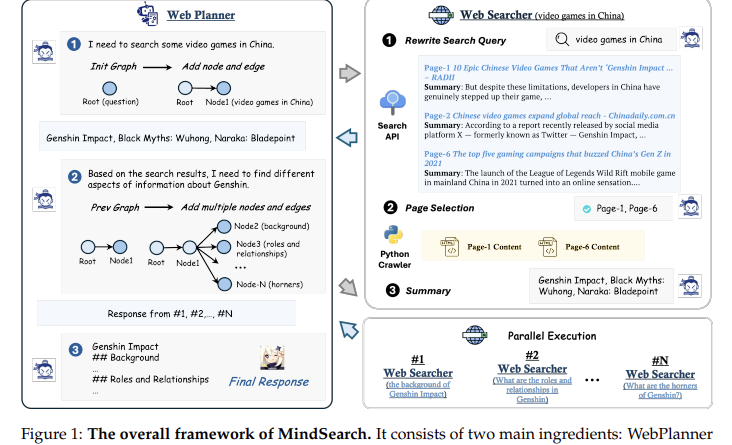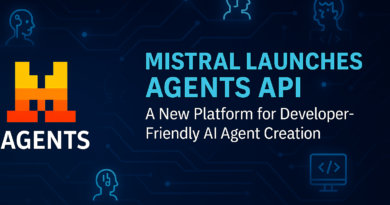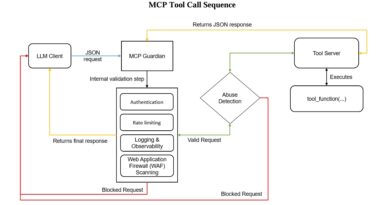MindSearch: Multi-Agent AI Framework Enhances Information Retrieval by Processing 300+ Web Pages in Under 3 Minutes
In the age of information overload, the ability to efficiently retrieve and integrate relevant data is crucial for decision-making and analysis. Traditional search engines have revolutionized information-seeking, but they often fall short when it comes to complex queries that require thorough and precise retrieval. This is where MindSearch comes into the picture, a multi-agent AI framework that processes over 300 web pages in under 3 minutes to enhance information retrieval and integration.
Table of Content
- The Challenges of Information Retrieval
- The Power of Multi-Agent AI Frameworks
- The Role of the WebPlanner and WebSearcher
- The Benefits of MindSearch
- Conclusion
The Challenges of Information Retrieval
One of the main challenges faced by current information-seeking methods is their inability to effectively handle complex queries. Traditional search engines often provide fragmented and noisy search results, making it difficult to find the necessary information. This problem is amplified when dealing with queries that require detailed and precise responses. Additionally, the overwhelming volume of irrelevant information and limitations imposed by the maximum context length of large language models (LLMs) further complicate the process of information retrieval and integration.
The Power of Multi-Agent AI Frameworks
To address these challenges, researchers from the University of Science and Technology of China and the Shanghai AI Laboratory have introduced MindSearch, a novel multi-agent AI framework designed to mimic human cognitive processes in web information-seeking and integration. By leveraging the strengths of both LLMs and search engines, MindSearch provides a more effective solution for complex information-seeking tasks.

MindSearch operates by decomposing complex user queries into smaller, manageable sub-questions. This decomposition is facilitated by the WebPlanner, a high-level planner that models the query as a dynamic graph. The WebPlanner breaks down the user query into atomic sub-questions represented as nodes in the graph. The WebSearcher, on the other hand, performs hierarchical information retrieval, addressing each sub-question and collecting valuable data for the WebPlanner. This multi-agent design enables MindSearch to seek and integrate information from a large scale of web pages, processing over 300 pages in just three minutes.
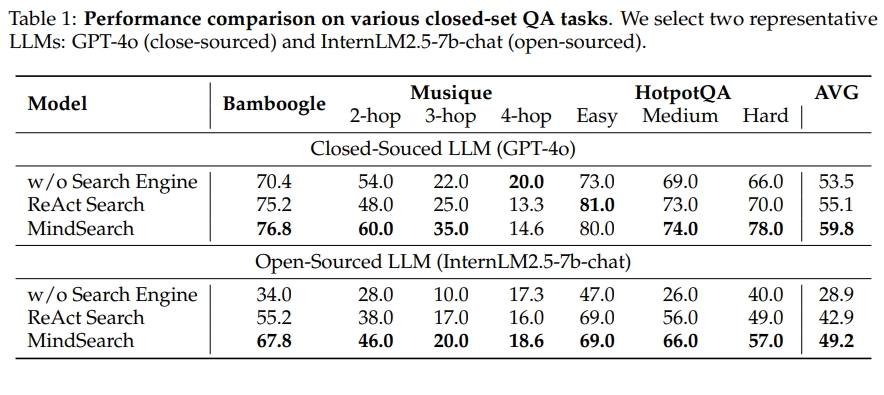
The Role of the WebPlanner and WebSearcher
The WebPlanner in MindSearch functions as a high-level planner, orchestrating reasoning steps and coordinating the WebSearchers. It decomposes complex queries into multiple atomic sub-questions that can be solved in parallel. By leveraging the superior performance of current LLMs in code generation, the WebPlanner interacts with the dynamic graph through code writing. This process involves adding nodes and edges to the graph, progressively decomposing the query, and efficiently managing the information retrieval process.
On the other hand, the WebSearcher is tasked with addressing each sub-question and performing hierarchical retrieval to extract valuable data from the internet. This hierarchical retrieval process significantly improves the efficiency of information aggregation, enhancing the overall performance of MindSearch.
The Benefits of MindSearch
MindSearch has demonstrated significant improvements in response quality. Experimental evaluations using GPT-4o and InternLM2.5-7B-Chat models have shown substantial enhancements in the depth and breadth of responses. In comparative analyses, human evaluators preferred responses from MindSearch over those from existing applications like ChatGPT-Web and Perplexity.ai.
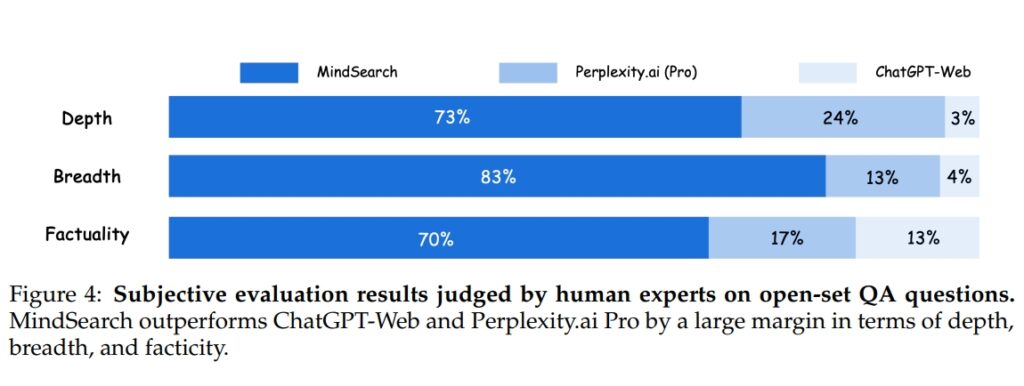
The ability of MindSearch to process over 300 web pages in under three minutes showcases its efficiency and effectiveness in handling complex queries. This speed and accuracy make MindSearch a valuable tool for professionals across various domains who require detailed and accurate information quickly.
Conclusion
MindSearch offers a simple yet powerful solution to the complex task of information retrieval and integration. Its multi-agent framework, combining the cognitive abilities of LLMs with the extensive data access of search engines, sets it apart from existing solutions. By decomposing queries, managing context, and utilizing hierarchical retrieval, MindSearch significantly improves the precision and recall of retrieved web information. With its ability to efficiently process a large number of web pages in a short time, MindSearch empowers users with the timely and accurate information they need to make informed decisions.
As the volume of information continues to grow exponentially, tools like MindSearch become invaluable in enhancing information retrieval and integration. The future of AI-driven search engines lies in frameworks that can effectively mimic human cognitive processes and provide comprehensive and precise responses to complex queries. MindSearch is a pioneering step in that direction, revolutionizing the way we seek and integrate information from the web.
Check out the Paper. All credit for this research goes to the researchers of this project. Also, don’t forget to follow us on LinkedIn. Do join our active AI community on Discord.
Got an incredible AI tool or app? Let’s make it shine! Contact us now to get featured and reach a wider audience.

